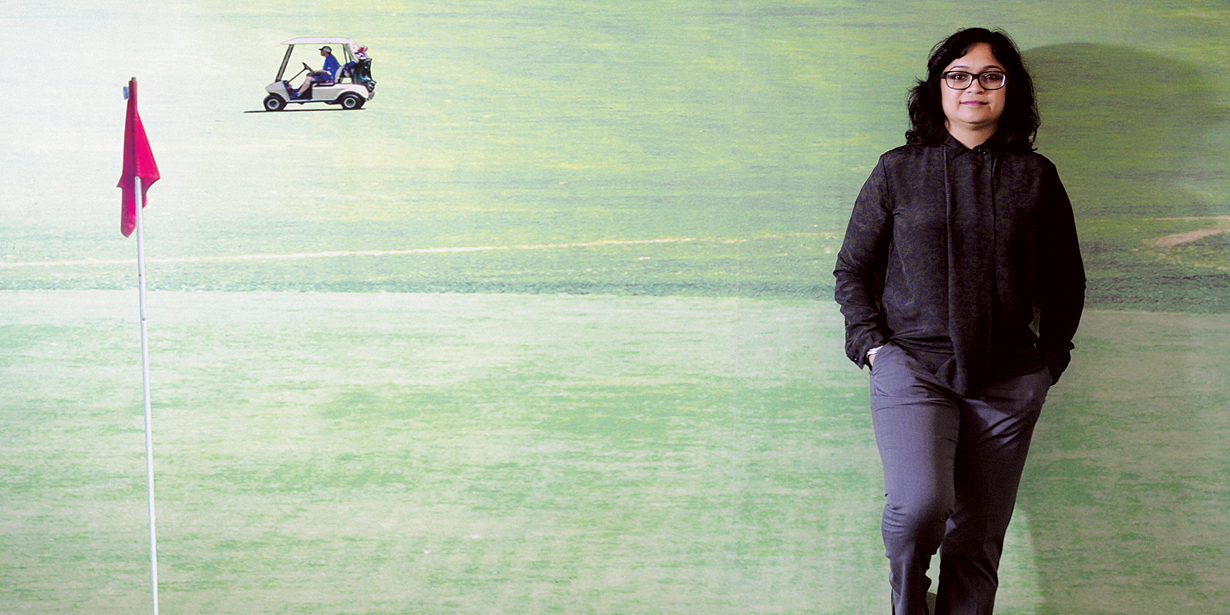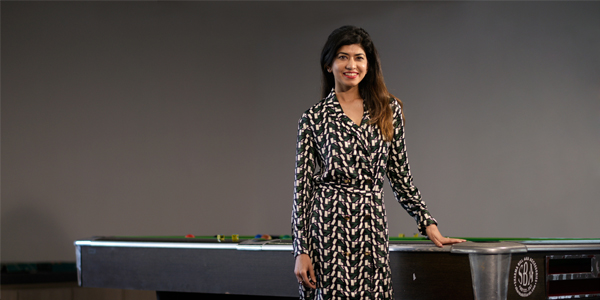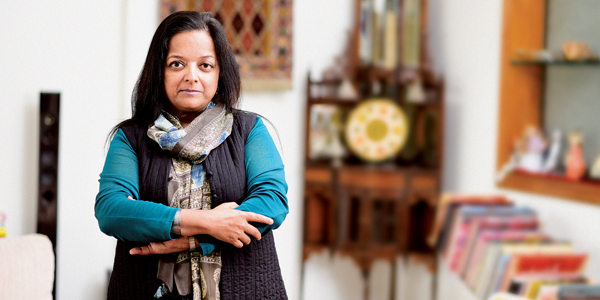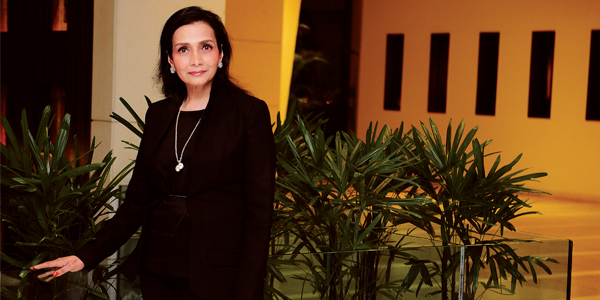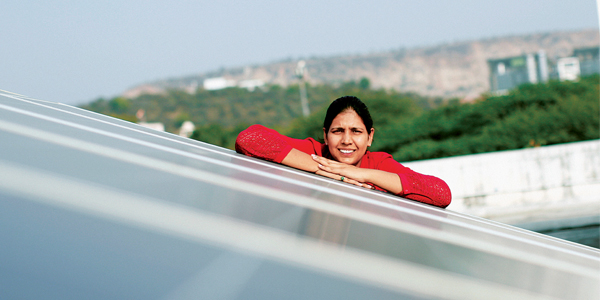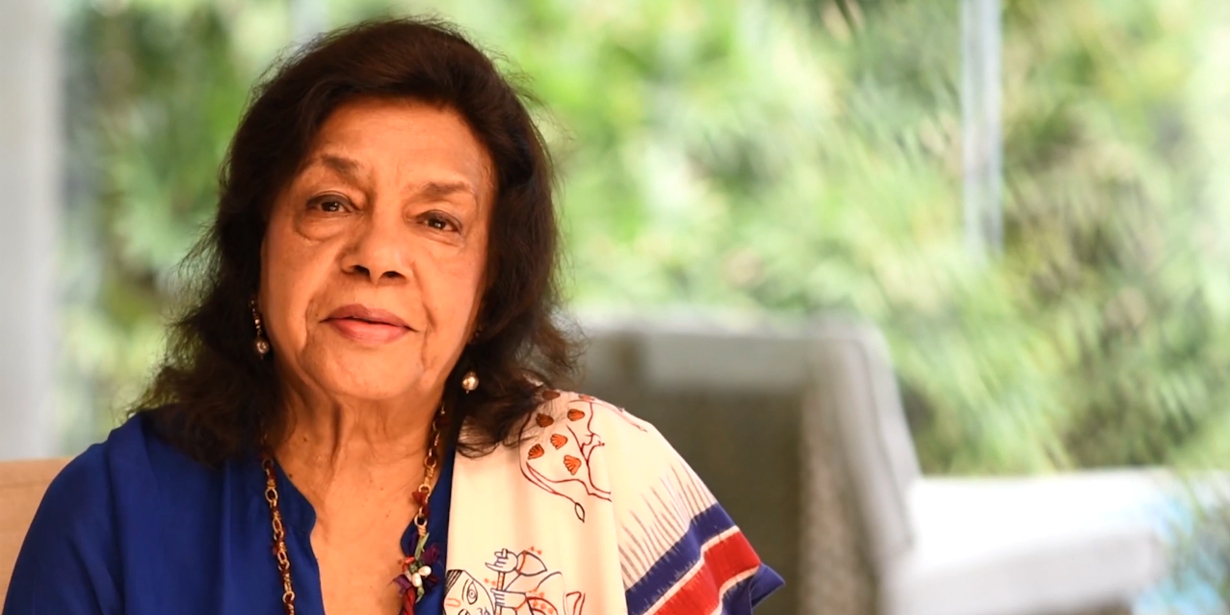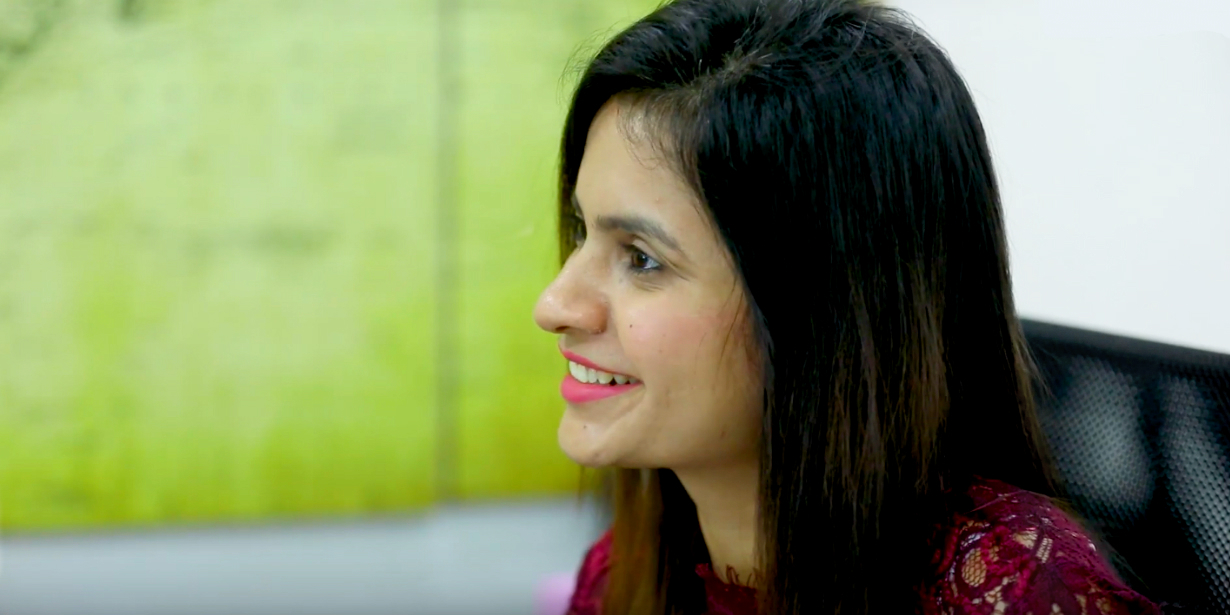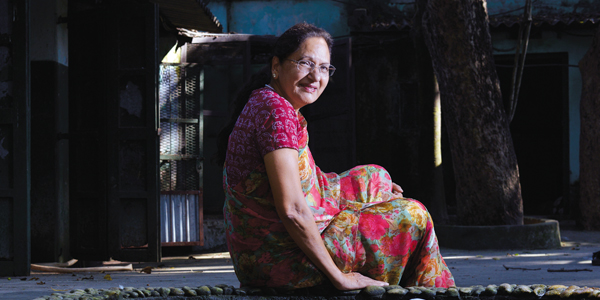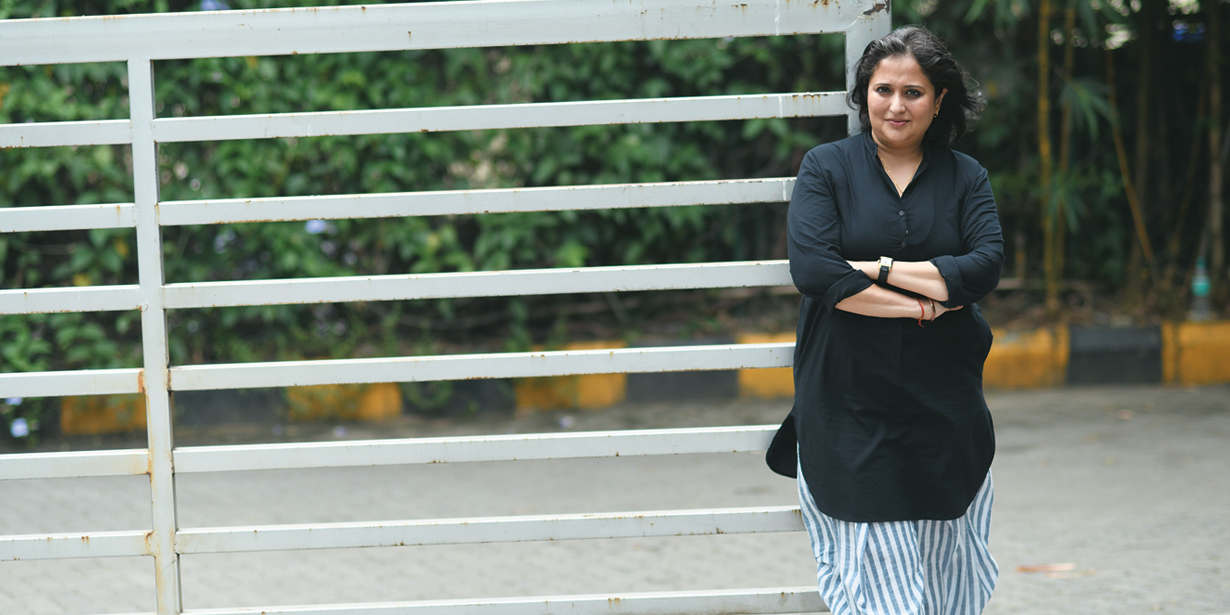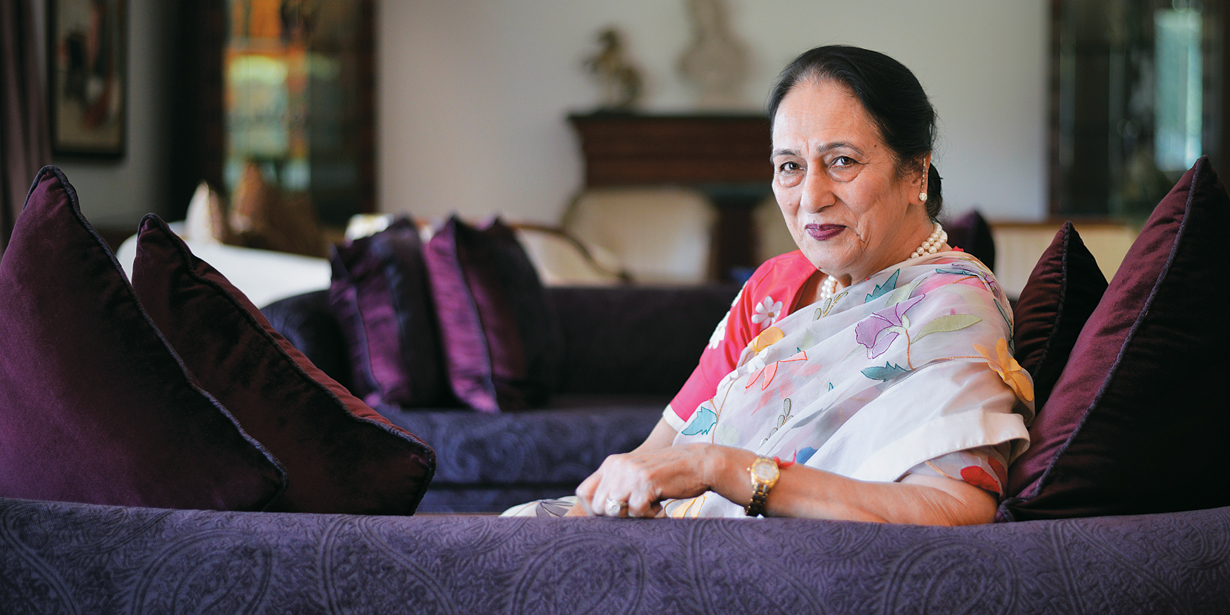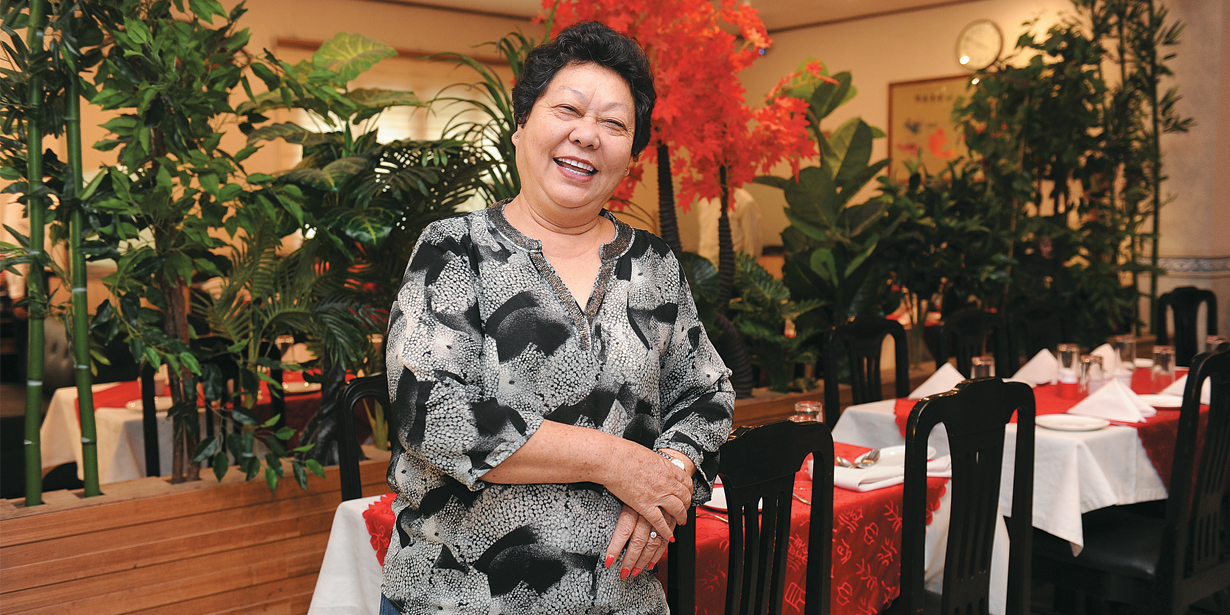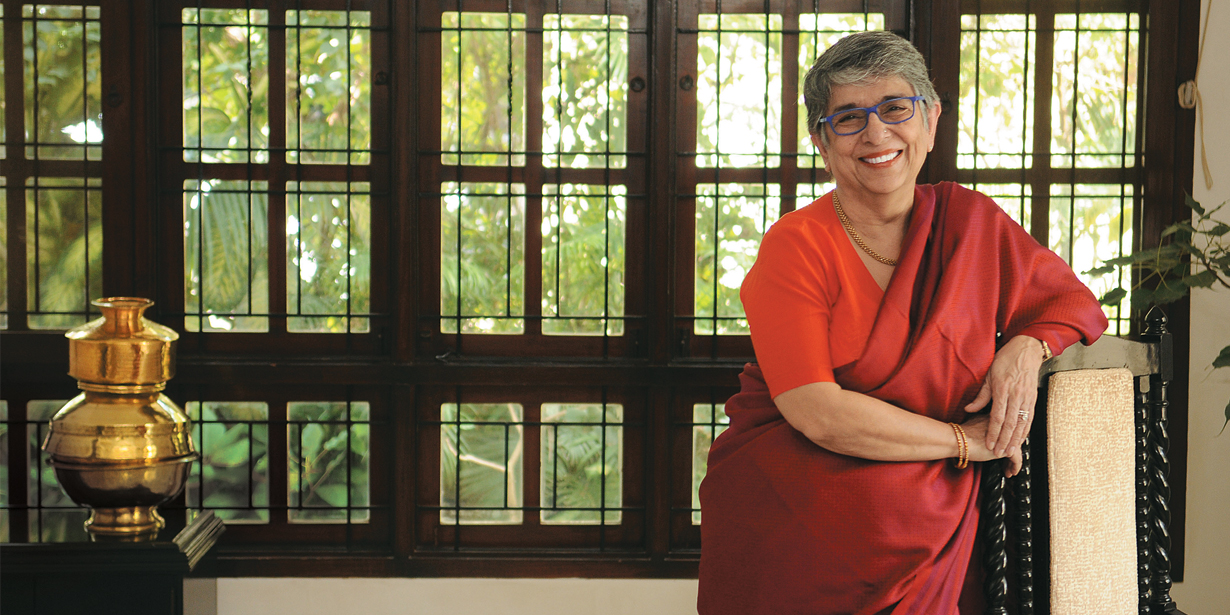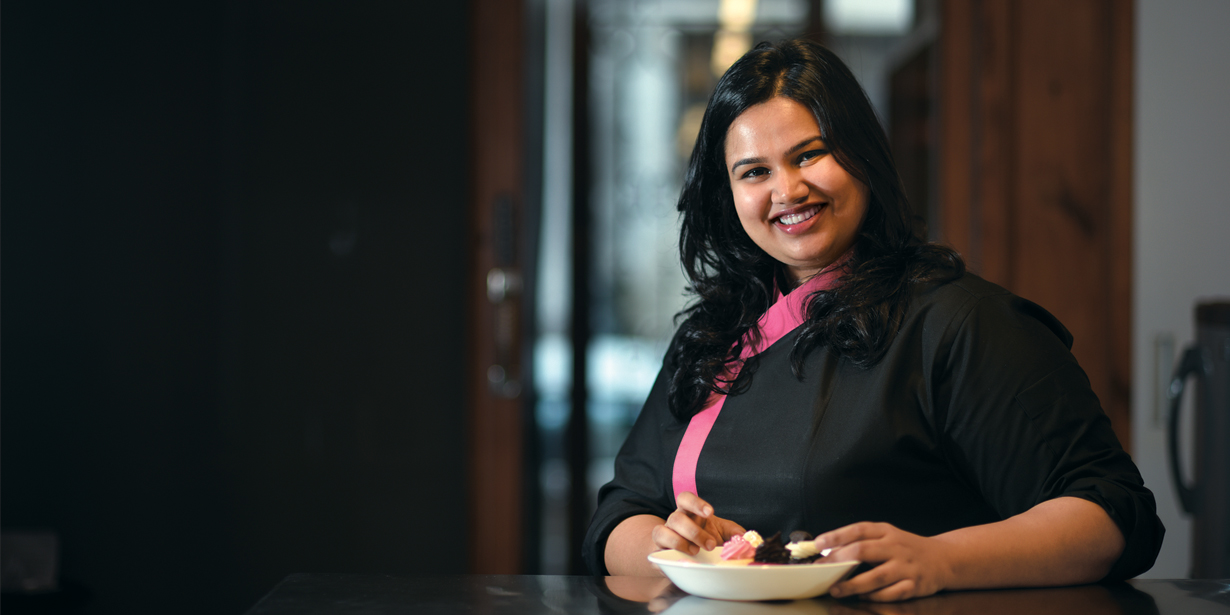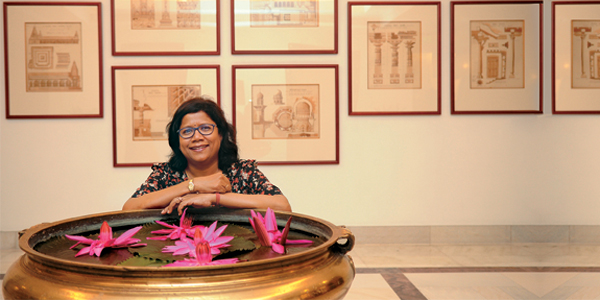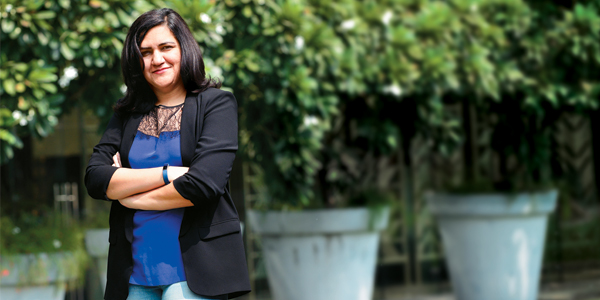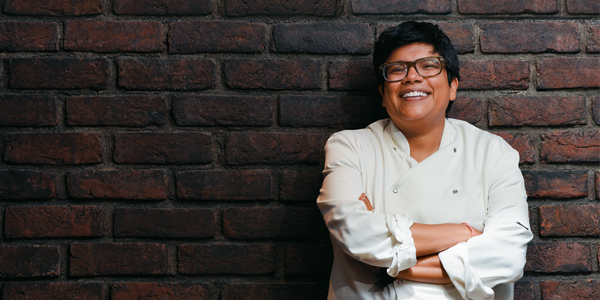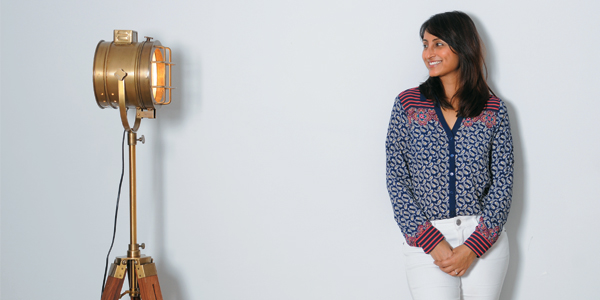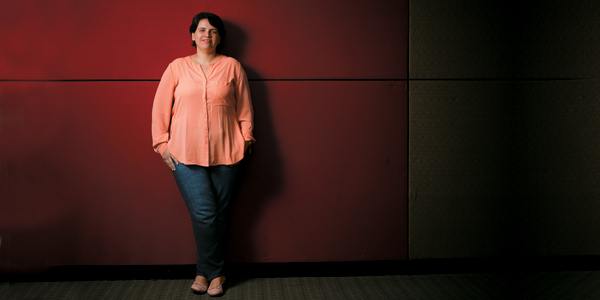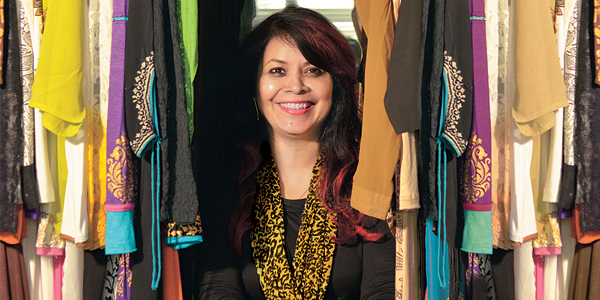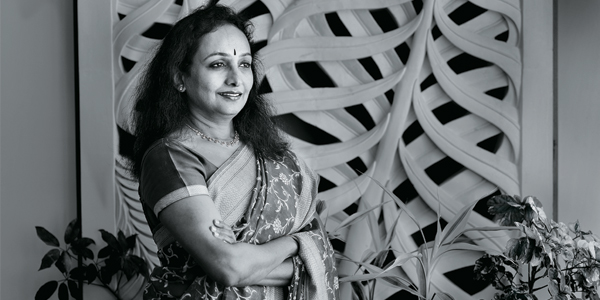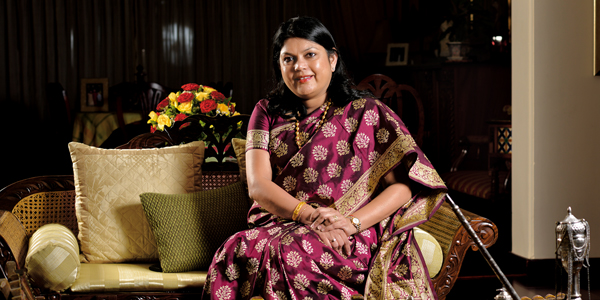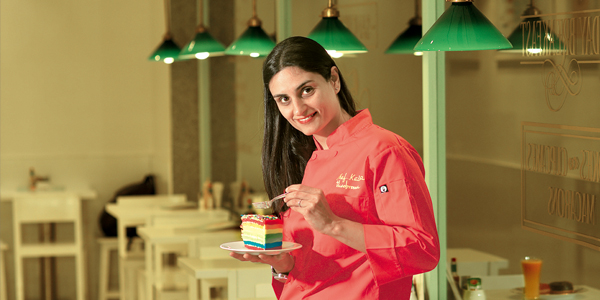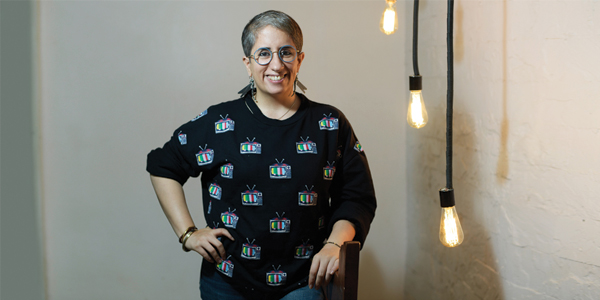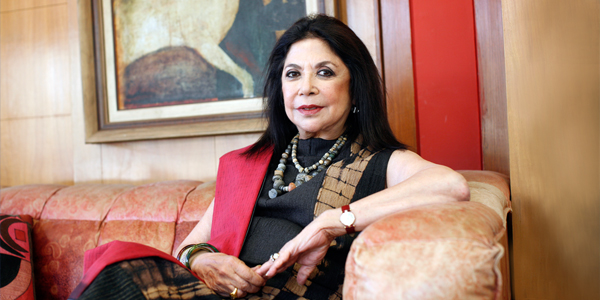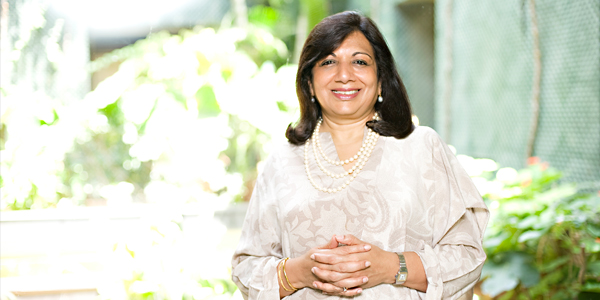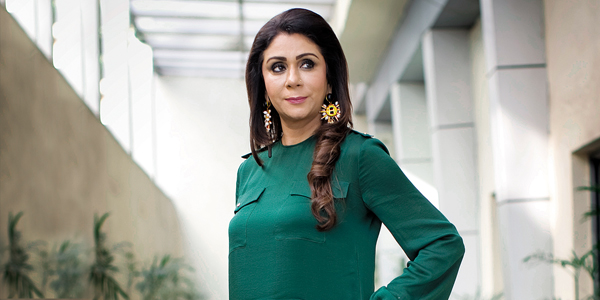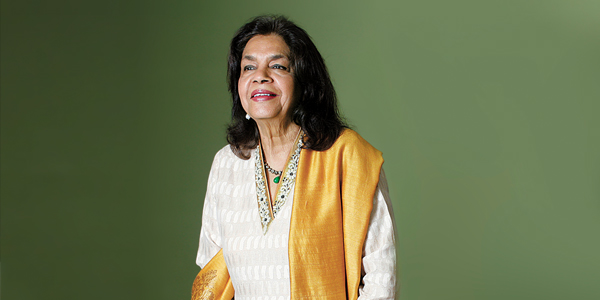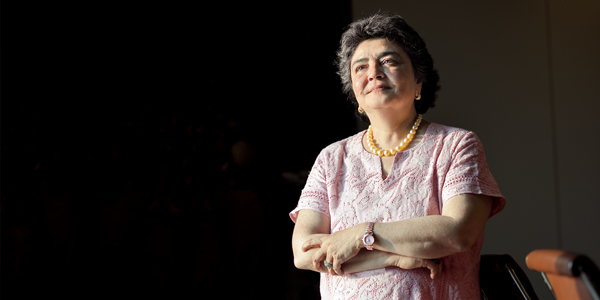By delivering world cuisine in ‘ghar ka khaana’ style, Rashmi Daga’s FreshMenu is disrupting food-tech in India
Rashmi Daga’s astute business sense and her all-time love for cooking is the secret sauce in FreshMenu’s success
“By aspiration, we really want FreshMenu to be the Zara of food in India. Whatever you imagine, whatever you read in magazines, newspapers and trend stories, you could get on your table as early as possible,” says Rashmi Daga, founder of online food delivery start-up FreshMenu. Though unusual, the comparison points to how Daga has skillfully scaled her food-tech start-up — from operating out of a home kitchen in 2014, FreshMenu today operates close to 38 kitchens across Bengaluru, Gurugram, Delhi and Mumbai, each serving a radius of about 5 km. Their signature dishes, including yoghurt parfait, quinoa brown rice biryani and roasted chicken caesar mega salad, marry international cuisines with the local palate, thereby striking a strong connect with the consumer. Currently, it services about 17,000 orders a day from its app and website with an average order value of Rs.280, and has hit annualised revenue of Rs.1.5 billion in FY18.

A large part of FreshMenu’s success can be attributed to Daga’s astute business sense and of course, her love for food. The genesis of the latter, Daga says, is easy to guess. Born in a small town called Ramgarh in West Bengal, Daga and her family — consisting of her parents and her 3-year-old brother — shifted to Delhi when she was six. “I am a Marwadi who has grown up in Delhi. So the love for food is a given,” she says with a laugh. The love for food also translated into cooking for Daga, who says that by the age of 13, she could cook a full meal for about 8-10 people. That is in fact what helps with FreshMenu. “The background of knowing a kitchen, ingredients, how food behaves in different situations and management of kitchen in terms of planning, measuring and wastage reduction comes in handy. I learnt a lot of that very early,” she says.
Daga went on to pursue a degree in engineering from Delhi College of Engineering. She then completed her MBA from the Indian Institute of Management, Ahmedabad, in 2003, which she believed would help in “becoming the CEO of a company or setting up a business.”
She adds that she was given full liberty to follow her dreams. “We are a conservative family and used to hear from a lot of people that ‘You are educating her a lot’. But my parents were very convinced that if she is good at it we should let her do that. I am grateful to them for that,” says Daga.
The Experimental Learner
Entrepreneurship, nevertheless, wasn’t the first step for Daga. Post her MBA, she took up a job at IBM through campus recruitment in June 2003. After the first few months of training in various departments, she was given a sales manager role, where she learned her greatest life skills. In the beginning, most prospective clients would deny a meeting, and Daga ended up spending a lot of her time in office. “Finally, about two weeks into the new role, my boss said, ‘You cannot sit in office. You have to go out there and sit in their office’. That was pretty much learning the shameless way of selling. Sales do not happen naturally. Persistence is the biggest winner in sales, not charm,” she says.
Daga picked up a few skills during her stint at IBM, and was sure that she didn’t want to be in IT all her life. Hence, in December 2005, she took up the role of regional sales executive at Johnson & Johnson where she worked with doctors, hospitals, chemists and patients. Ask her why she chose to switch fields and she says, “I thought that working in multiple sectors will prepare me for a much bigger landscape later. So very early that was a conscious decision.”
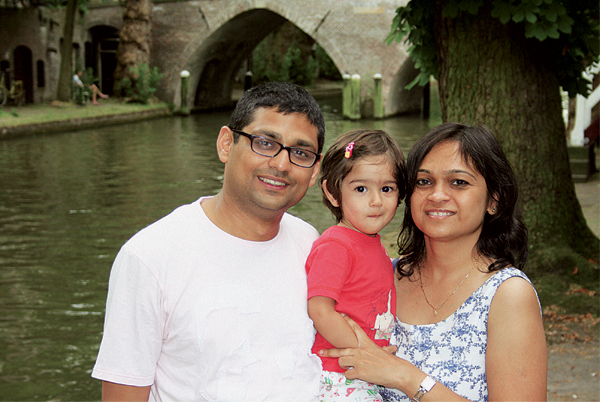
By December 2007, when Daga quit J&J, the entrepreneurial bug had already bitten her. She was married by then and had to relocate to Bengaluru with her husband. Hence, she took up a job with Bengaluru-based edtech start-up TutorVista to get the much-needed experience. Here, she was responsible for not just driving sales, but also worked on tutor recruitment, training, quality, and operations.
In 2011, Daga finally fulfilled her dream of founding her own start-up with Afday (Art for Everyday), an e-commerce platform which sourced jewellery, home décor and gift articles from artisans across the country. While it stemmed from her passion for Indian arts and crafts, Daga has no qualms accepting that it wasn’t scalable. “I jumped in too early. The idea was ahead of its time. Also, because we were bootstrapped, we had limited resources,” she admits, adding that a year later, she discontinued the venture. Post Afday, Daga worked with online jewellery store Bluestone and a cab aggregator for a period of eight months each.
Building the Business
After deliberating for a few months, Daga finally took the leap of faith and founded FreshMenu in July 2014. “Food is close to my heart. Secondly, there was a new wave of food technology and how it gets delivered. Even in Bengaluru, we could see that it is so hard to get fresh food delivered to your doorstep,” says Daga. And that is exactly the pain-point that her venture aims to address.
The first 3-4 months were spent in ideation, sampling and testing various food items and combinations. FreshMenu chose to focus on serving authentic and fresh ‘ghar ka khana’, which Indians are used to eating. They also opted for a local kitchen instead of a central kitchen model, and focussed heavily on perfecting the packaging and delivery.
By the sixth month, FreshMenu was ready to go live from its kitchen in Sarjapur, near her Bengaluru residence. Her first big order came through a friend who was having a house party. “He called up and said I know you are doing something with food. Would you be able to serve at our party today? We did do that and then we got many party orders as everyone loved the food,” she says. In the next two to three months, they set up a commercial kitchen and, today, it operates about 22 kitchens in Bengaluru alone.
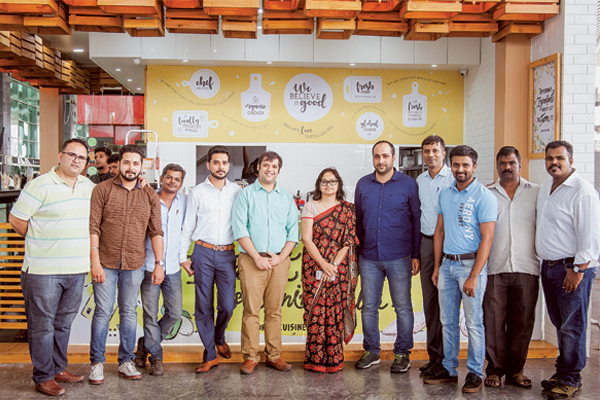
By 2015, FreshMenu expanded operations to Delhi and Mumbai and currently has about 16 kitchens (10 in Mumbai and six in Gurugram and Delhi) in these two cities and plans to add another 25 in Mumbai and 45 in Gurugram and Delhi.
Their expansion was expedited thanks to the $5 million raised from Lightspeed Venture Partners in early 2015, followed by a $17-million round in 2016 led by Zodius. News reports state that it is in advanced talks with private equity investors to raise $75 million. FreshMenu plans to enter Hyderabad by the end of December 2018 and by the second half of 2019, they plan to have a presence in Pune and Chennai.
“FreshMenu does everything, from sourcing the ingredient to getting food delivered to your table,” says Daga, adding that they have partnered with other aggregators such as Swiggy, Uber Eats and Zomato to ensure that people have easier ways to access FreshMenu. Currently, the app and website constitute 80% of FreshMenu’s sales and the remaining come from the aggregators. Their fill rates are at 99.5% (The percentage of orders they receive, which get fulfilled) even during their peak hours — 12 pm to 2 pm and 7 pm to 9 pm.
Daga credits her family and her husband for being fully supportive of her vision. “For every start-up founder, I think families have to sacrifice a lot. Because, as a founder, you are absolutely preoccupied with your idea and the business and the amount of time commitment and effort it takes. I think we have been on that for the past four years and we have figured out how to balance things,” she says.
Food Epicurean
FreshMenu’s key differentiator is its menu, which Daga says is changed daily. In the past four years, the start-up has dished out close to 1,800 dishes across cuisines such as Ethiopian, Latin American, European and the diverse Indian palate.
But the journey hasn’t been without challenges. Recently, it came to light that FreshMenu had kept a data breach that occurred two years ago under wraps. The breach had exposed personal information such as names, email ids and phone numbers, of over 110,000 users. Clarifying their action, Daga had then written in a long blog post that at that moment, they believed that since the breach was limited, they focussed on resolving the vulnerability and making sure that no further breaches happen. “But what we missed out was the more important part, of how we own up and respond to the whole situation,” she accepts, adding, “As a company, we have changed now, forever.”
Among the new ideas is to build a strong algorithm that can predict users’ preferences. “We know their behaviour patterns and what price points are working for them. We bring all of that together to provide recommendations and promote different products,” explains Daga.
They have also launched a club membership to build a close-knit community of gluttons by giving them free delivery, an exclusive menu and members-only programmes. She adds that FreshMenu is solving for both — goodness and delivery, where a lot of scale is possible. “We will work to ensure FreshMenu is like your own personal kitchen and that you need to cook less at home, because you can rely on FreshMenu to serve most of your needs.”
